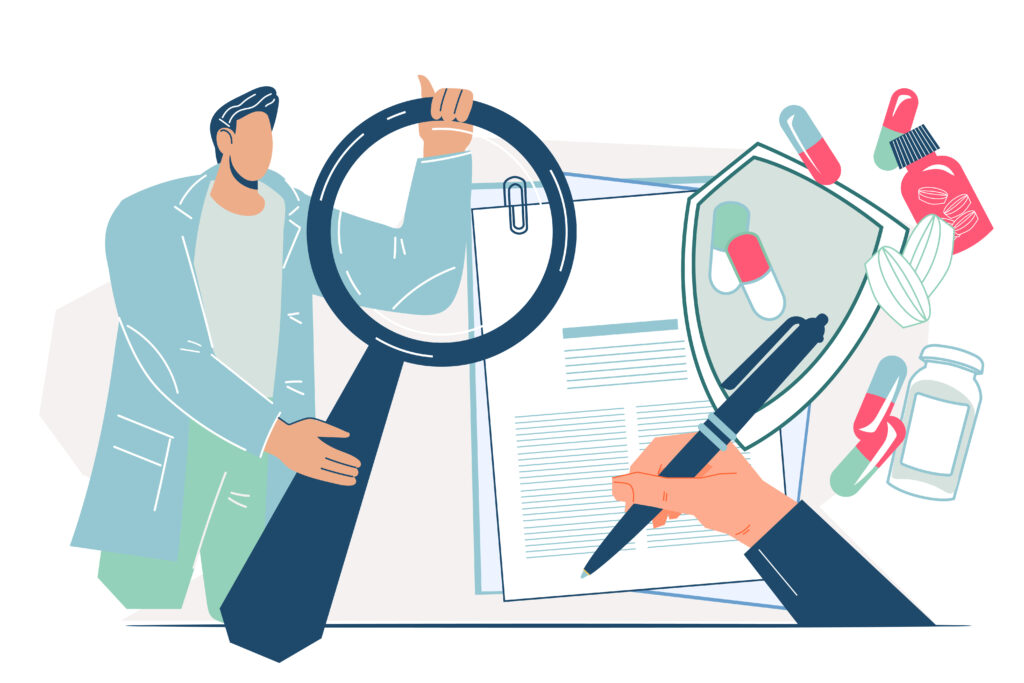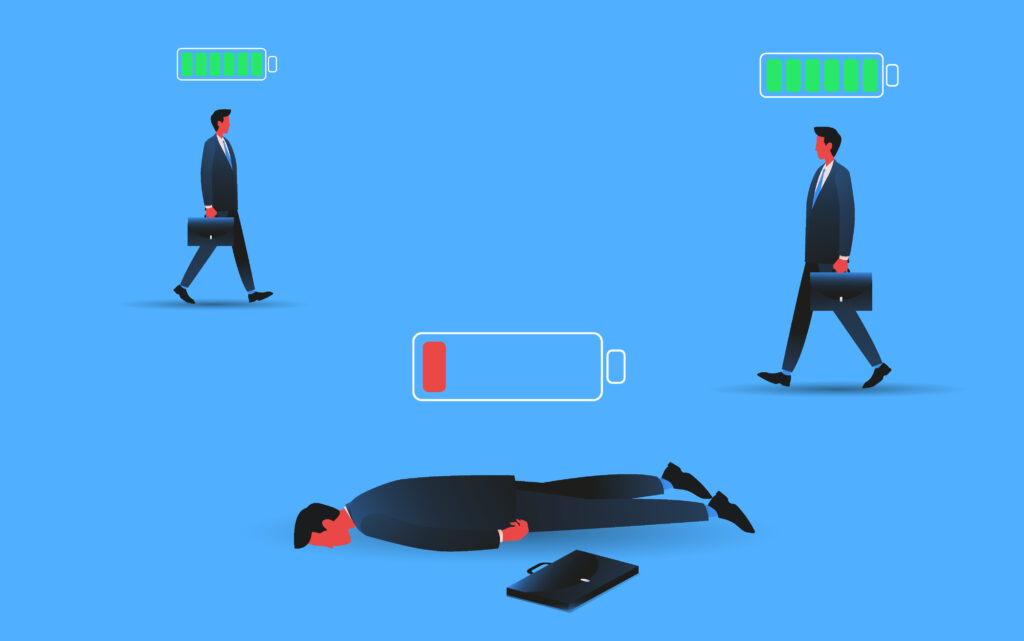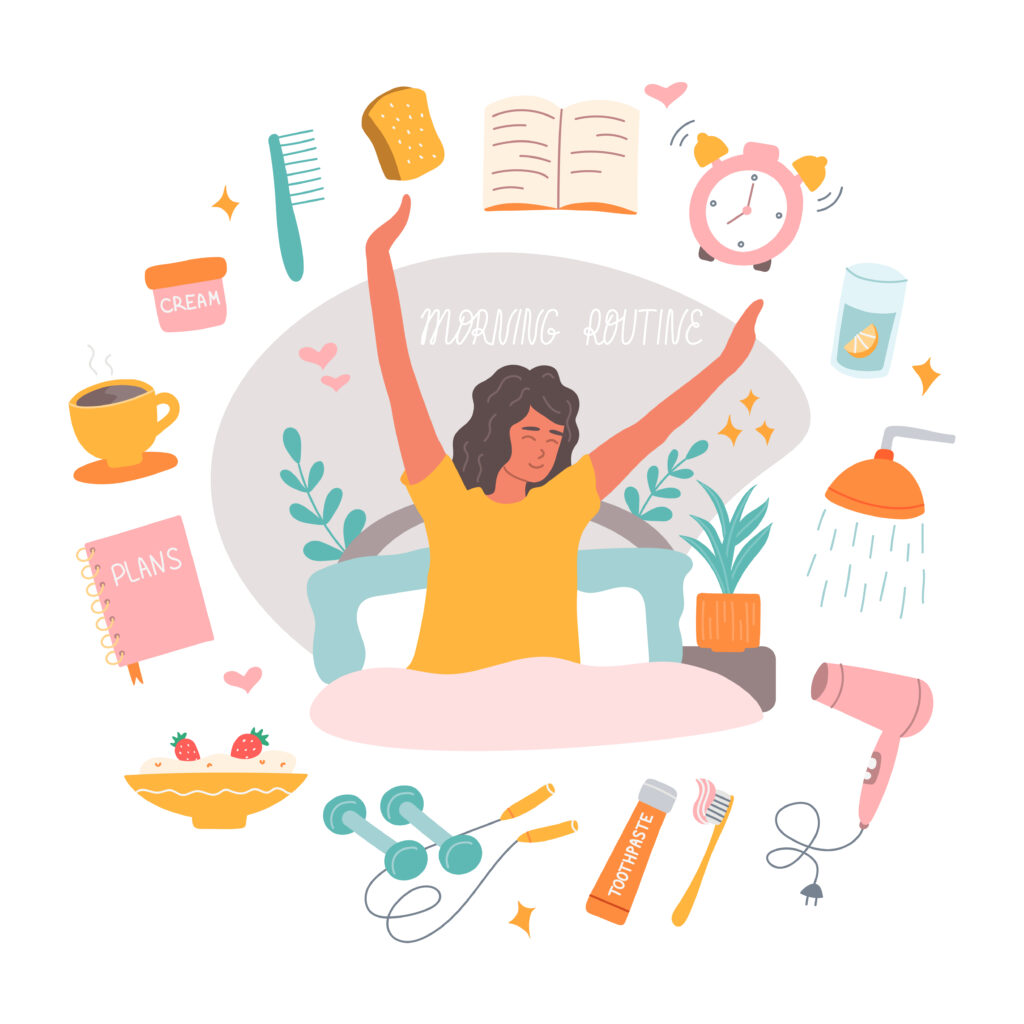One of our most popular blog posts has become a trilogy! Still looking for that perfect plant to make your office a more cheerful space? You’re in luck. We’ve gather six more beautiful, easy-to-care for plant suggestions. After all, plants are a wonderful way to lift your spirits and improve your mental health. If you don’t have a green thumb, no need to worry; these are six low-maintenance plants that can easily fit into your busy lifestyle…not unlike PBI CLE!
Once you’ve picked your perfect plant, check out our upcoming live webcasts, in-person events, or our robust on-demand library. April compliance will be here before you know it, and we’re determined to help you stay ahead of the deadline with stress-free CLE that fits your schedule.
Now let’s dive in! As always, we’ve included information such as the plant’s light preference, water needs, and its toxicity, so you can find one that suits your space, all while keeping your children and pets safe (if you’re planning to put this plant in your home office).

1. Boston fern. This tropical fern is equally gorgeous in an outdoor hanging planter or an indoor pot. It can grow up to four feet long and three feet tall if given the space to do so! They come in many forms such as the Florida Ruffle (named for its feathery fronds) and the Golden Boston (which yields golden leaves).
Though the Boston fern prefers consistent moisture and humidity, it is also fairly drought tolerant, which means this hardy plant will forgive you if you forget to water it. Keep it out of the sun because it burns easily. This plant is especially thirsty in the summertime and will droop to let you know when it needs a drink. To encourage new growth, be sure to remove any dead or yellow fronds.
Care: Bright, indirect light. Water every day in the summer, every three days in winter. Consider misting them regularly.
Toxic: No.

2. Bromeliad. Did you know some types of bromeliads don’t require soil to grow? Now that’s low maintenance! These stylish houseplants purify the air, are safe for pets, and come in a variety of colors, making them one of the most popular plants to own.
Like the Boston fern, the bromeliad can tolerate drought conditions but grows best when kept moist. Their beautiful blooms can last for weeks, but once it fades, the plant will start to decline. Keep an eye out for pups (baby plants) growing around the base of the mother plant. If you handle them correctly, you can grow more bromeliads all on your own!
Care: Bright, indirect light, though some varieties prefer low light. Water every 1-2 weeks in warmer months, 2-3 weeks in colder months.
Toxic: No.

3. African violets. This lovely plant is known for its unique, velvety leaves and clusters of bright blooms. They come in all sorts of colors such as blue, purple, red, pink, and white. When in the right environment, the flowers will bloom all year round. If there are no blooms, it could be due to insufficient light, temperature issues, watering problems, or nutrient deficiencies. Remove dead flowers to make way for new ones before figuring out how to revitalize your plant. A healthy plant can live up to 50 years if you treat it right!
Avoid getting water on the leaves of the African violet. It can cause leaf spotting, crown rot, or white residue. Instead, water the base of the plant.
Care: Bright, indirect light. Water once a week.
Toxic: No.

4. Burro’s tail. This aptly named succulent can grow up to four feet long! They look best trailing from hanging planters. Since it stores water in its leaves, it doesn’t need to be watered often. It does well pot-bound (they are notoriously difficult to repot once they grow too big) and has few problems with pests. In fact, the best thing you can do for this plant is to not touch it, as the tiny leaves fall off incredibly easy. If that should happen, you can always try to propagate new plants from the discarded fragments!
Care: Partial sun. Water thoroughly every other week.
Toxic: Mild toxicity to pets.

5. String of pearls (/tears/bananas/hearts/turtles). Sometimes you get to pick your favorite color, sometimes your favorite…shape? Like the burro’s tail, this is a trailing plant that would bring a great deal of character to your office when put in a fun hanging planter or growing out of a head. They store water in their pea-like “pearls” and are resistant to drought. If you’d like the plant to look fuller, you can trim it down and add cuttings back to the top. These will take root in a few weeks.
These succulents can easily succumb to overwatering. Give them well-draining soil and only water when it’s gone completely dry. If the “pearls” look soft, squishy, or wrinkled, it’s a sign that you’re overwatering. It’s better to underwater the string of pearls than overwater. Finally, even though it’s a hanging plant, make sure sunlight is reaching the top of it as well as the strands.
Care: Bright, indirect light. Water every 2-3 weeks in warmer months, less in colder months.
Toxic: Yes.

6. Echeveria succulent. Echeveria is a genus of desert succulents, known for their rosy shape and wide range of colors. With their fleshy, water-storing leaves and ability to thrive, they’re the perfect match for busy attorneys such as yourself. They’re a standout plant in any collection.
The biggest downside to these succulents? You might not be able to just buy one! With their many different shapes, textures, and colors (plus the fact they’re non-toxic and easy to care for), you might soon find yourself with an entire garden or pot teeming with unique succulents. A succulent planter workshop is a great way to unwind and spend time with friends or family!
Care: Full sun, partial shade. Water every 2-3 weeks in warmer months, once a month in colder months.
Toxic: No.
Looking for more options? Check out our first blog on unique plants here, or the second one here, to further expand your choices!































